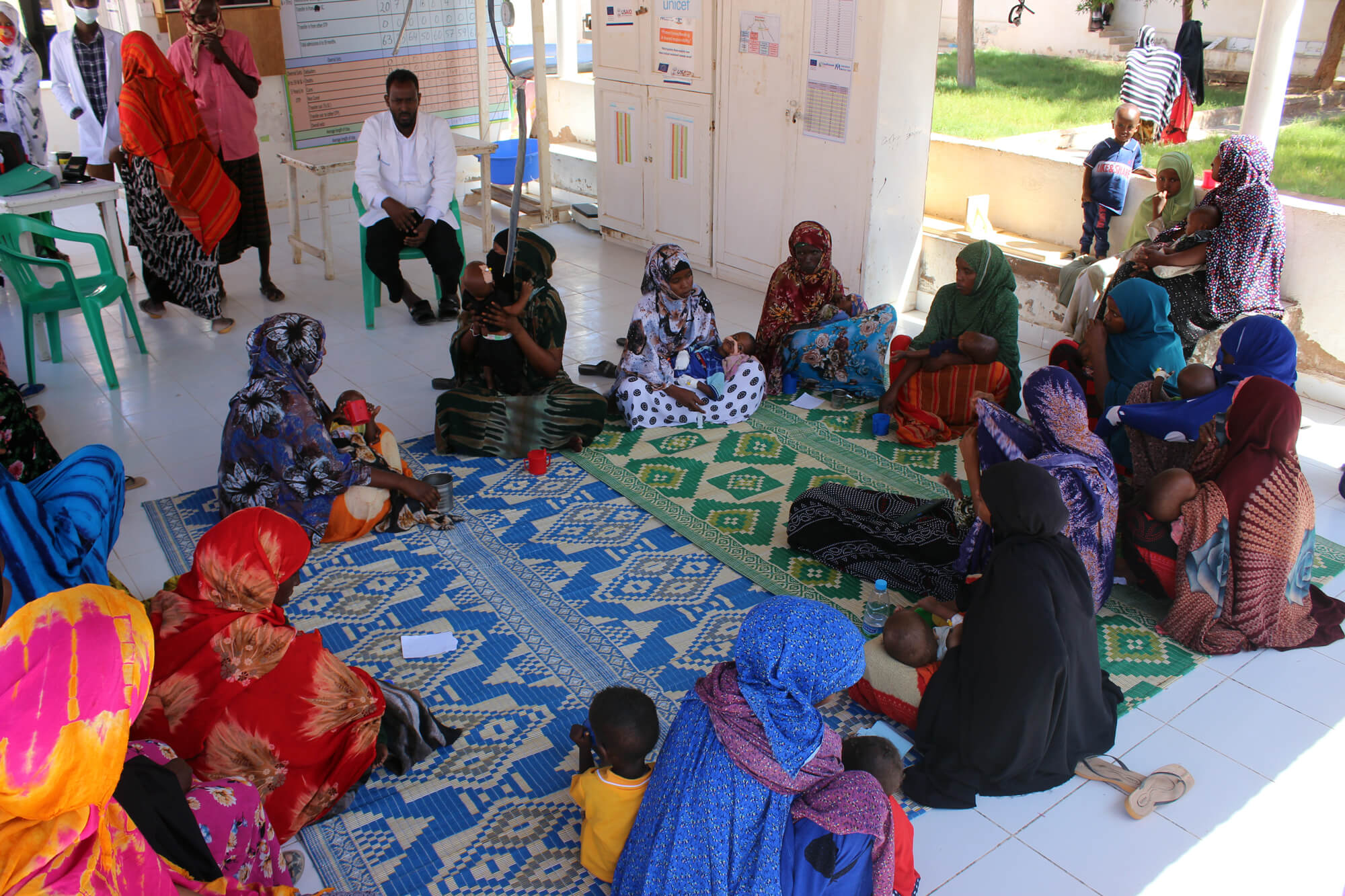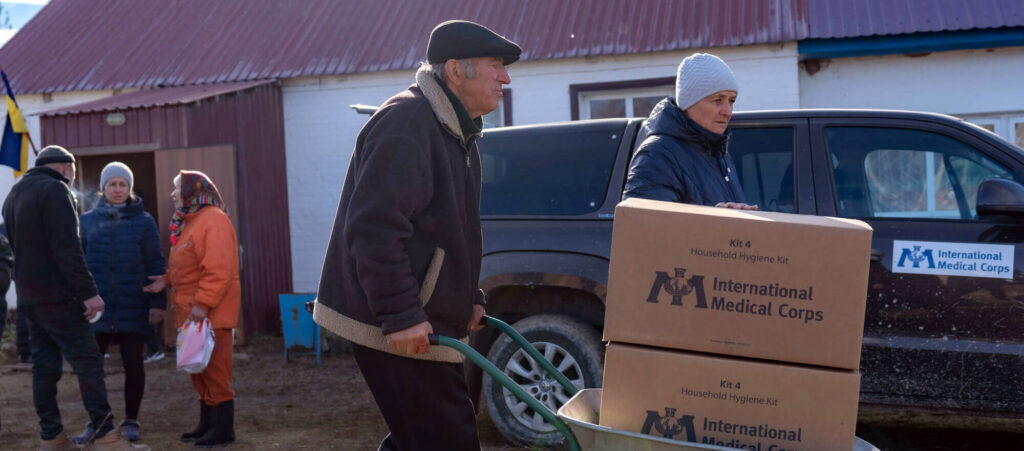Bringing Hope to Ukraine Through Hygiene Kits and Generators
Because needs evolve rapidly in conflict zones, our response in Ukraine is tailored to meet the needs of each region—including villages that have just become safe to access.
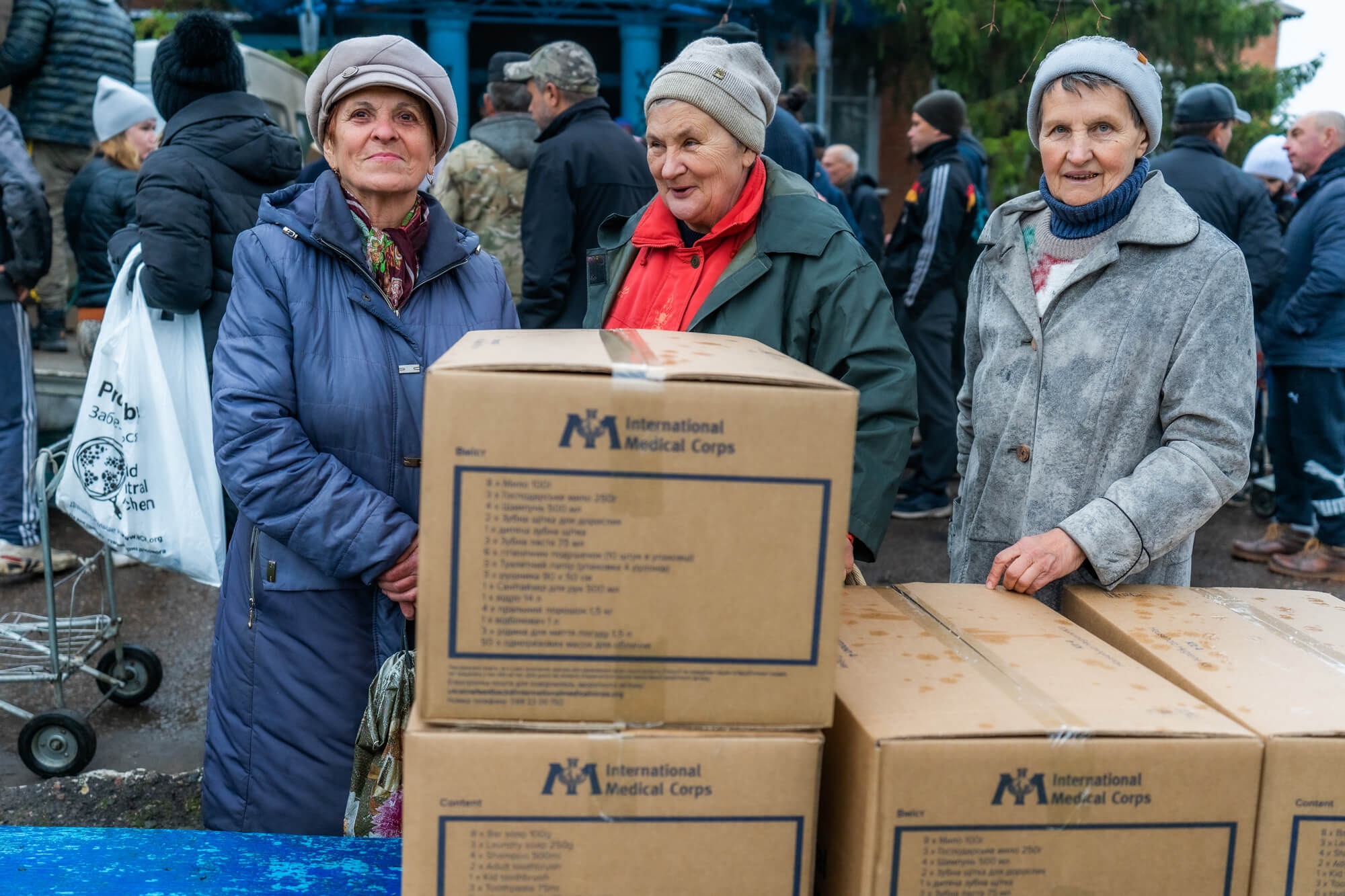
To provide rapid assistance to such villages, we have distributed thousands of hygiene kits containing essential supplies to vulnerable groups, including the elderly, people with disabilities, widows and internally displaced people, including those whose houses have been damaged or destroyed.
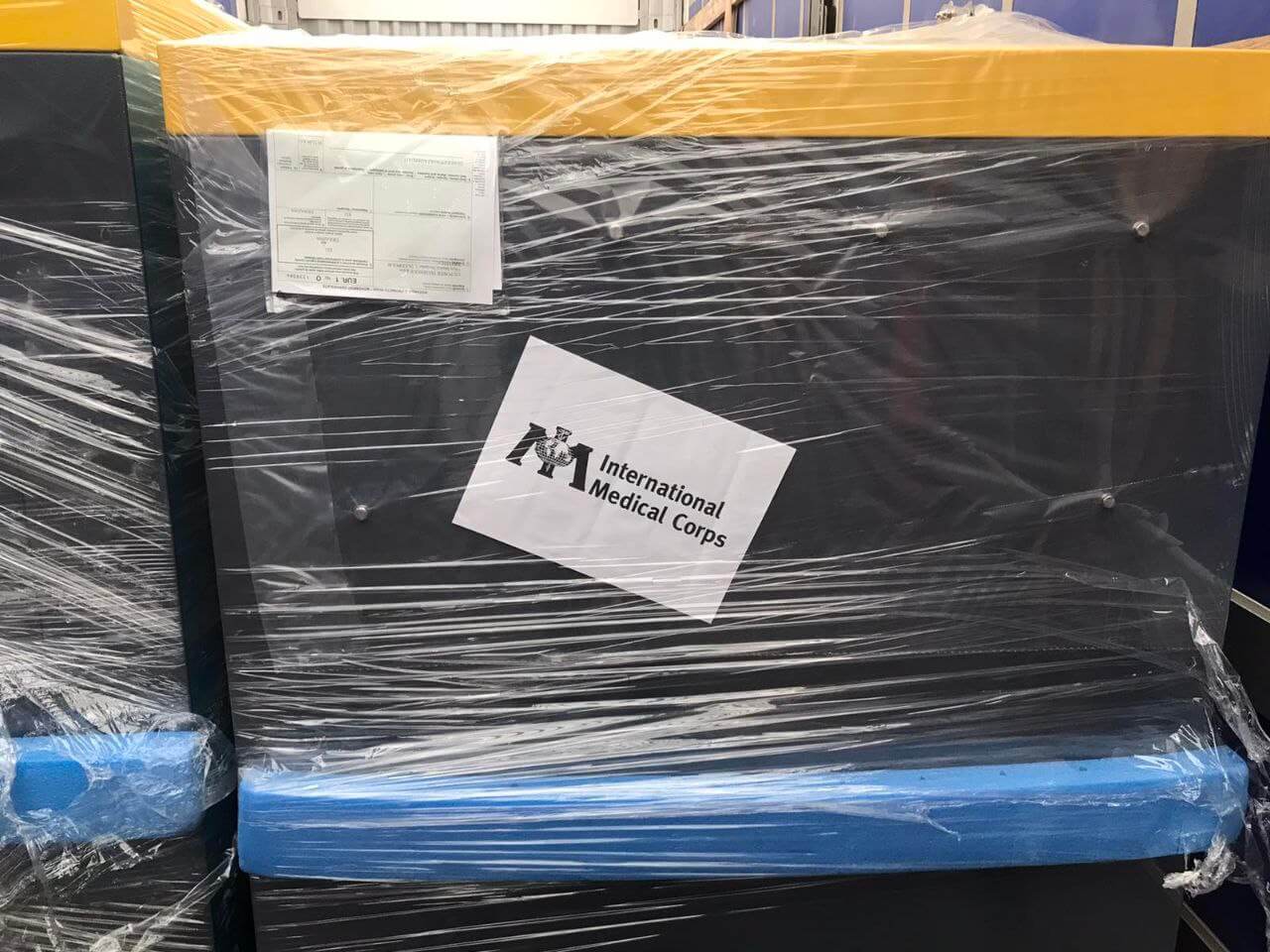
We also sent more than 30 generators to health facilities throughout the country to provide electricity during the frequent power outages that have resulted from the recent wave of Russian missile strikes against civilian infrastructure. This is all part of our overarching strategy to ensure the continuity of healthcare in the country.
Utilizing Solar Power for COVID-19 Vaccines in Cameroon
We recently donated a solar-powered refrigerator to a health center in the remote district of Mbengwi in northwest Cameroon, where we have provided primary health and nutrition services since 2021.
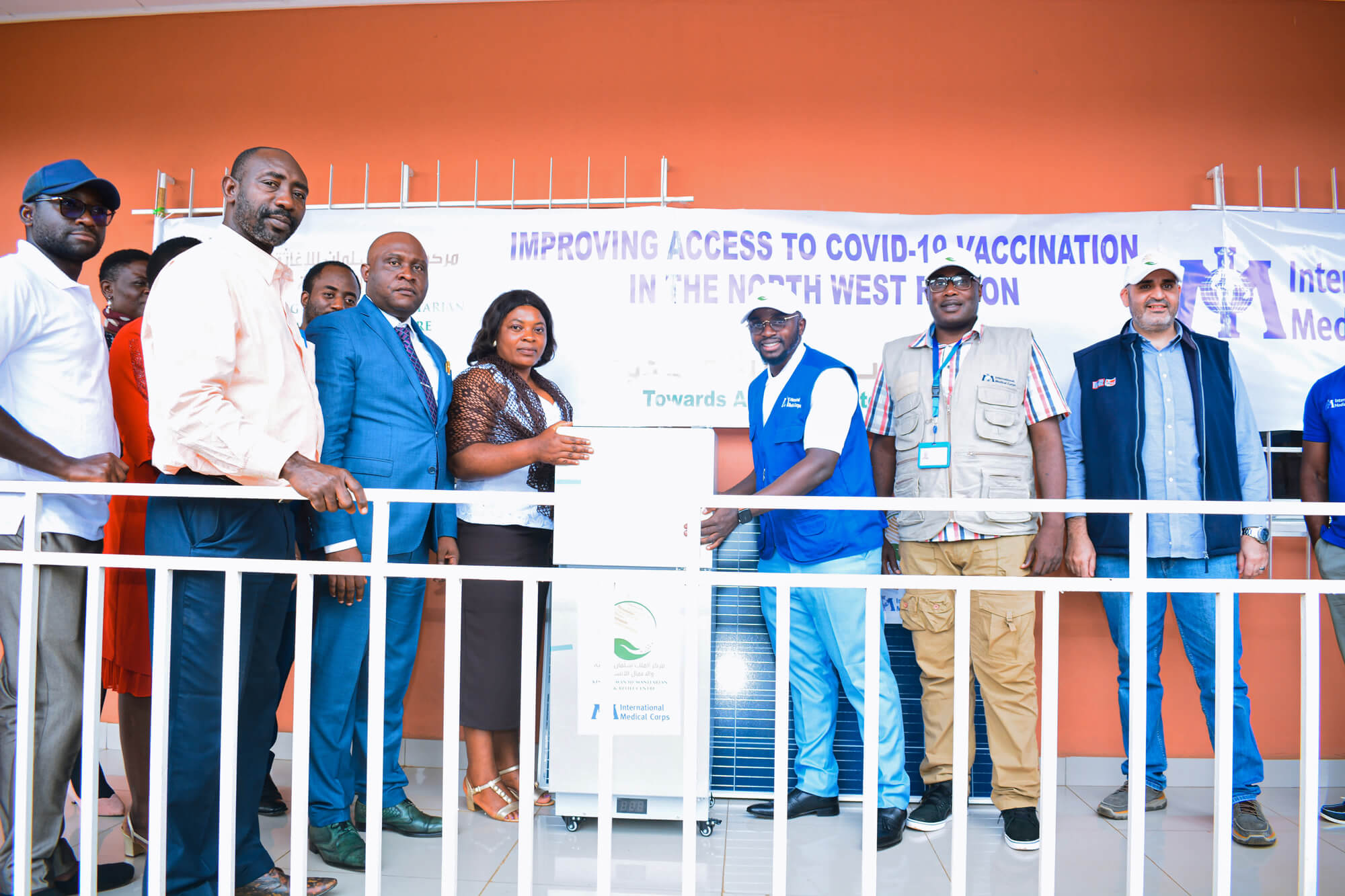
The fridge is vital for the population of Njah-Etu, a village in Mbengwi where the health center has for years suffered from a lack of electricity. Now, the health center can store vaccines and cold packs — and our staff can keep a stock of cold-chain medications on hand to provide vaccinations when needed, rather than transferring such medicines over long distances, risking their effectiveness.
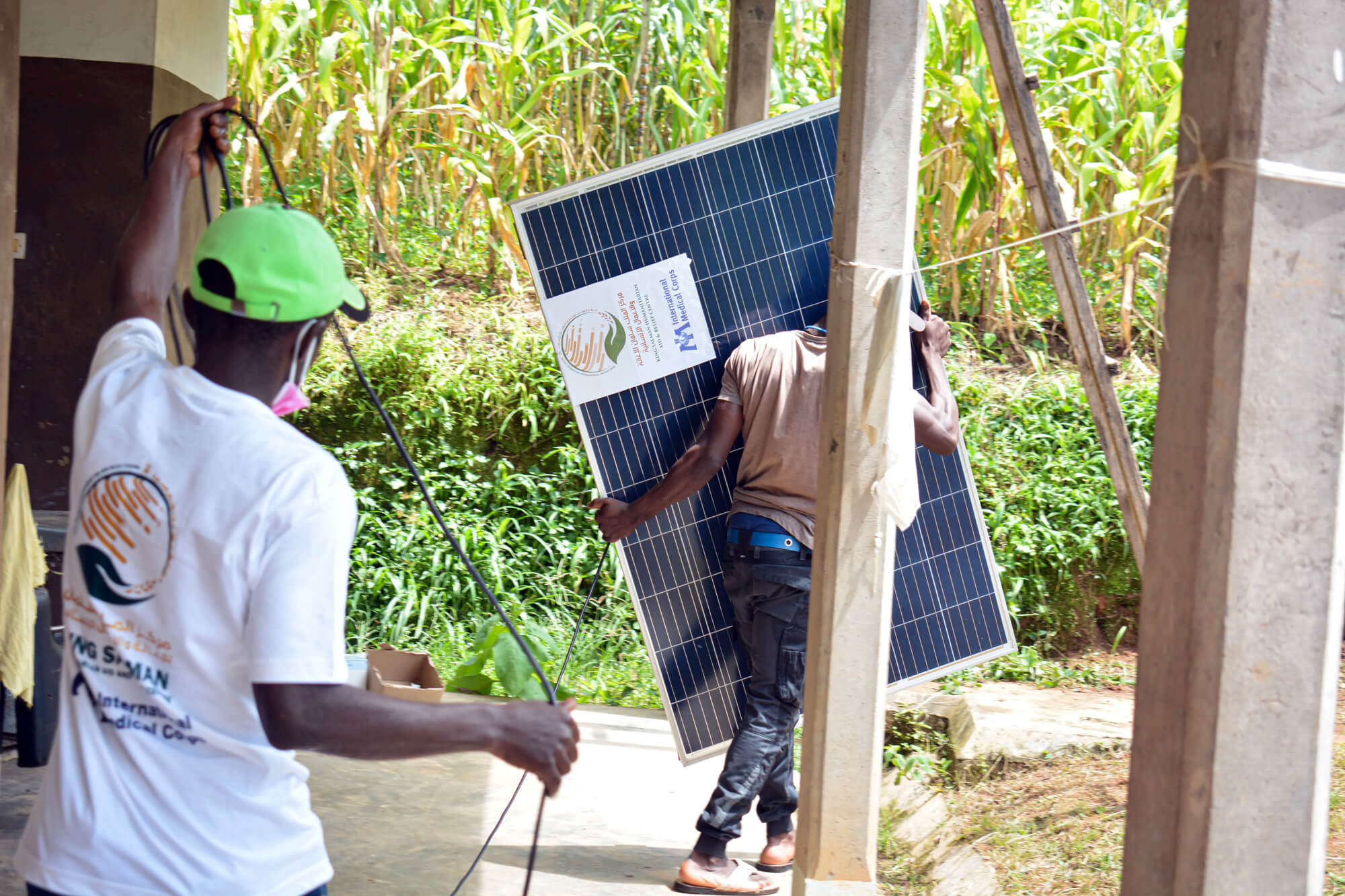
Nigeria and Jordan Teams Celebrate 16 Days Campaign
During this year’s observation of the 16 Days of Activism against Gender-Based Violence (GBV) campaign, our country teams around the world held a range of activities to remind people of the damage caused by GBV in communities.
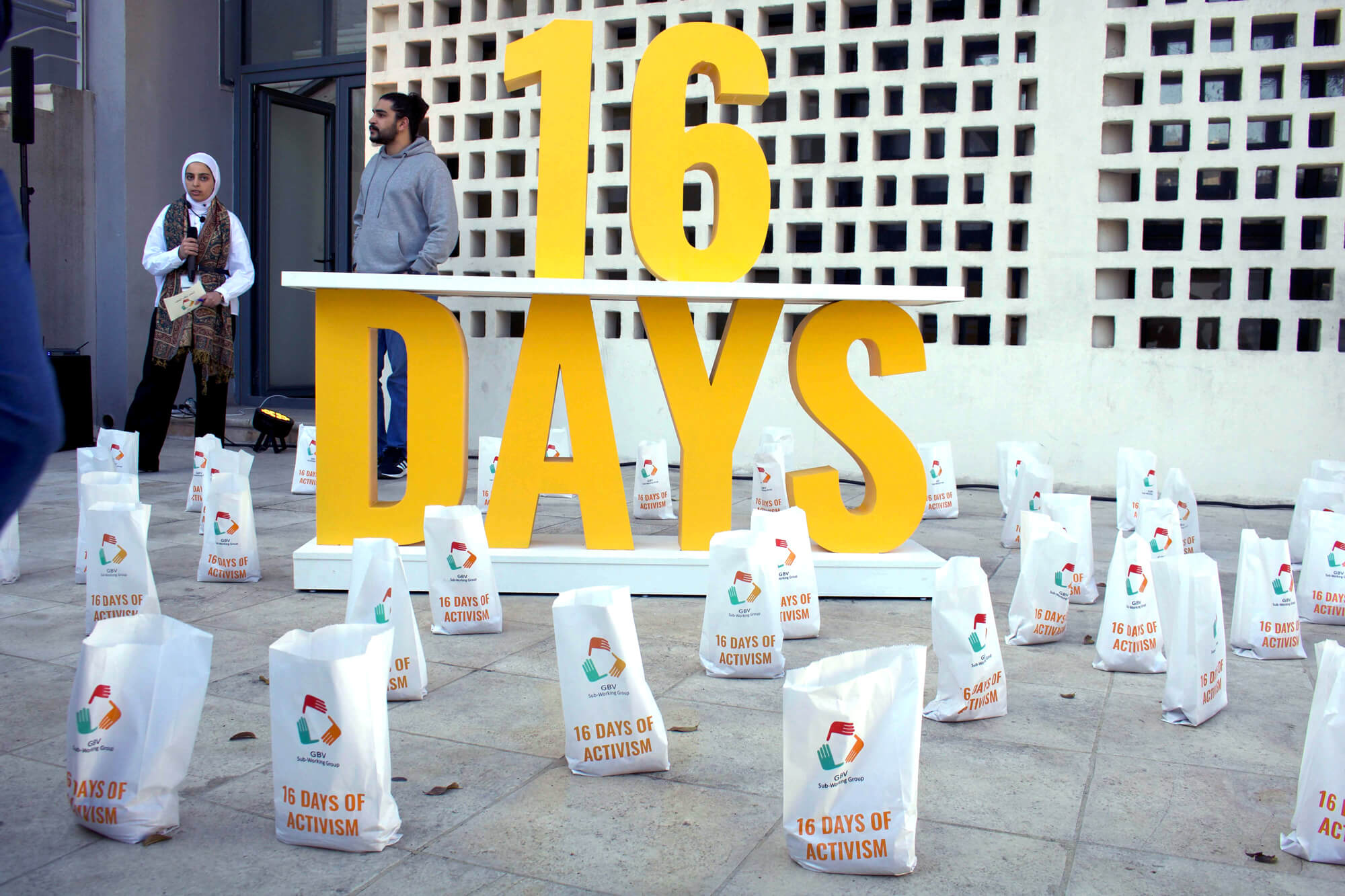
In Nigeria, for example, our team hosted an education session with women, girls, boys and men at the Lowcost Camp in Damboa that focused on how communities can collectively end violence against women and girls, and how people can support survivors who have experienced any form of GBV to speak out and seek help.
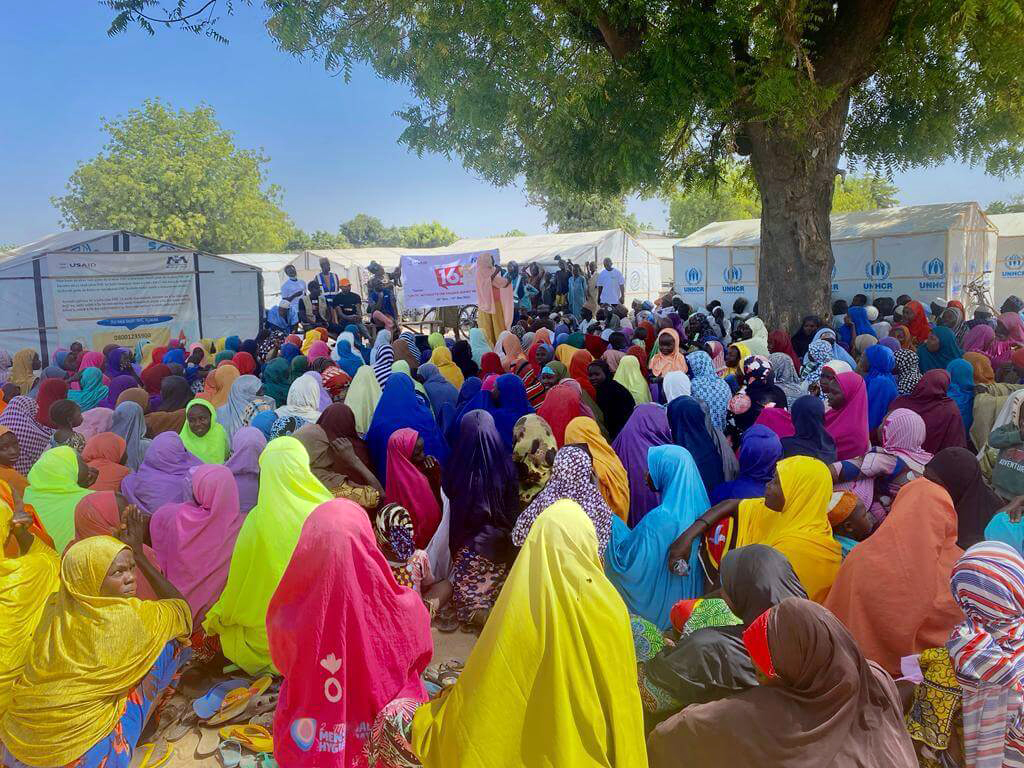
In Jordan, our child protection team participated in a freeze mob to bring attention to the issues of gender-based violence and child marriage, and held a vigil where participants lit candles in remembrance of all femicide victims. These events helped raise awareness within the community about violence against women and girls, and how it hurts everyone.
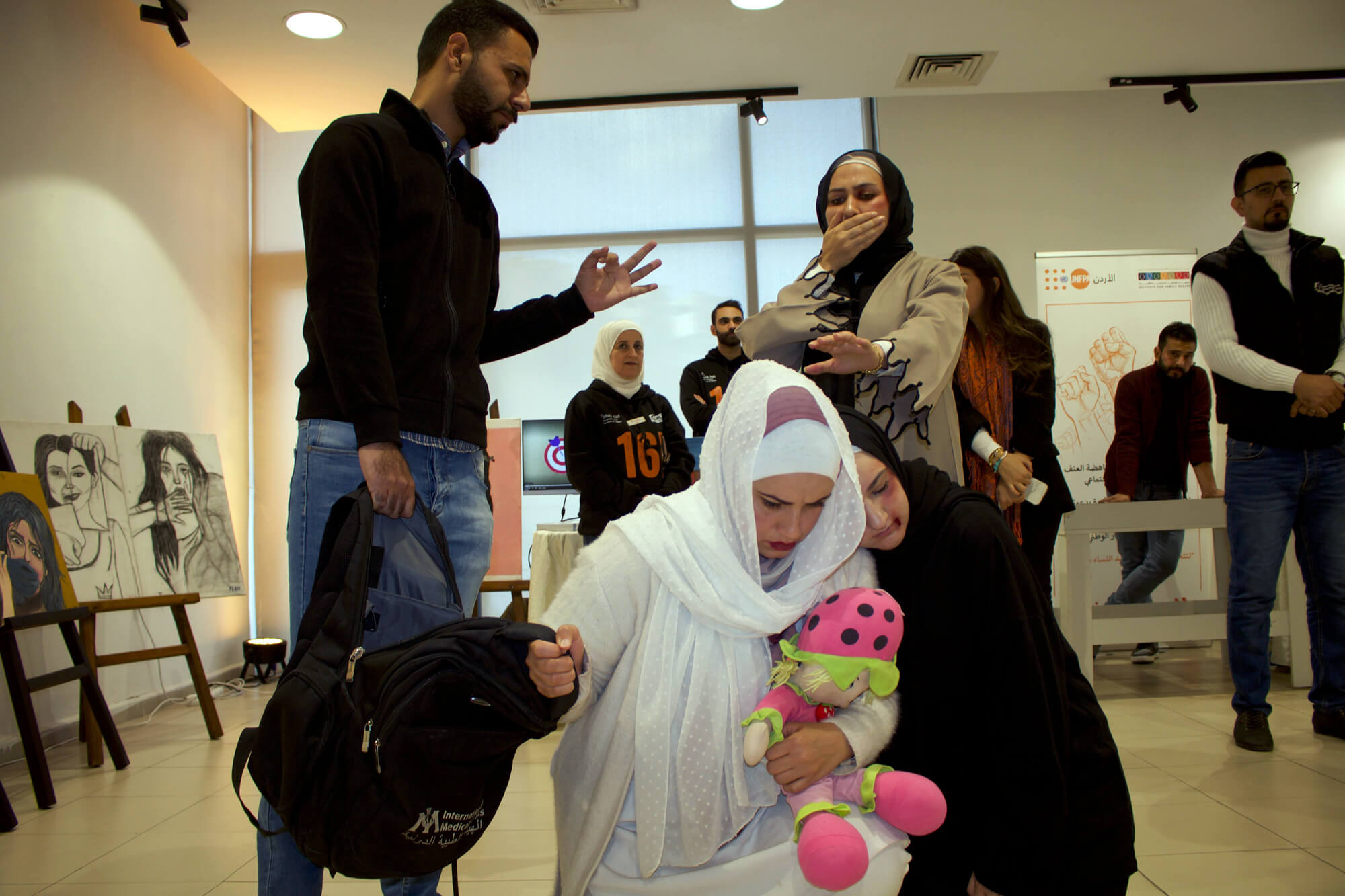
Bringing Emergency Healthcare to Communities in Pakistan
When a woman in labor had nowhere else to go because her local health facility was badly damaged by the catastrophic floods that occurred in Pakistan at the end of last August, one of our mobile medical teams unexpectedly found themselves delivering a baby.
The baby girl was delivered by Nafidat, a female paramedic, who said, “I am so happy that, as part of International Medical Corps’ team, I was able to serve people in need—particularly a pregnant woman, who required our services the most.”
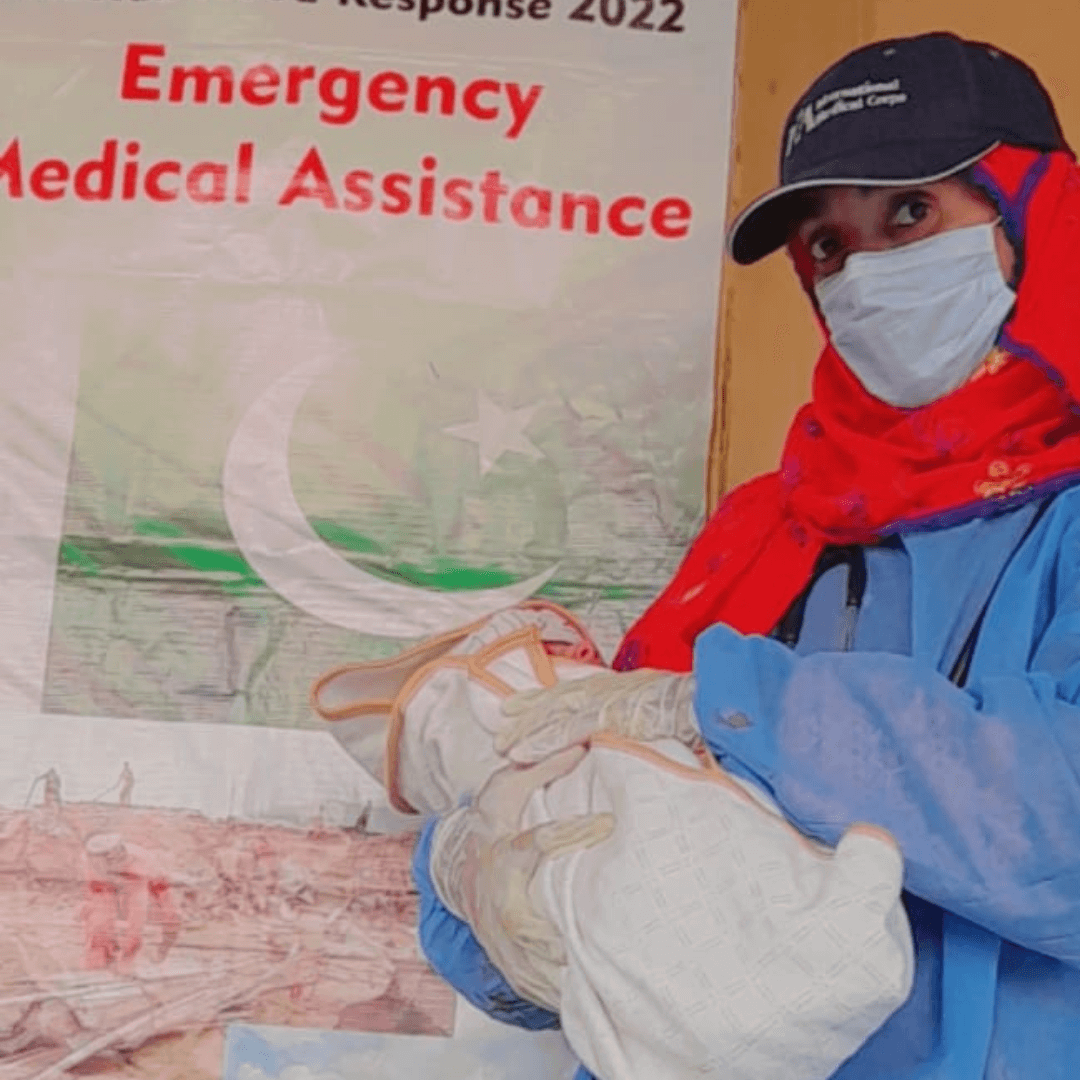
International Medical Corps has provided emergency healthcare services in Pakistan for nearly 40 years. Our mobile teams include midwives, doctors, nurses and mental health counselors.
Providing Maternal Healthcare and Education in Somalia
As severe droughts in Somalia continue to cause crisis levels of food insecurity in the country, we continue to provide services to help feed the hungry. Here are just a few examples.
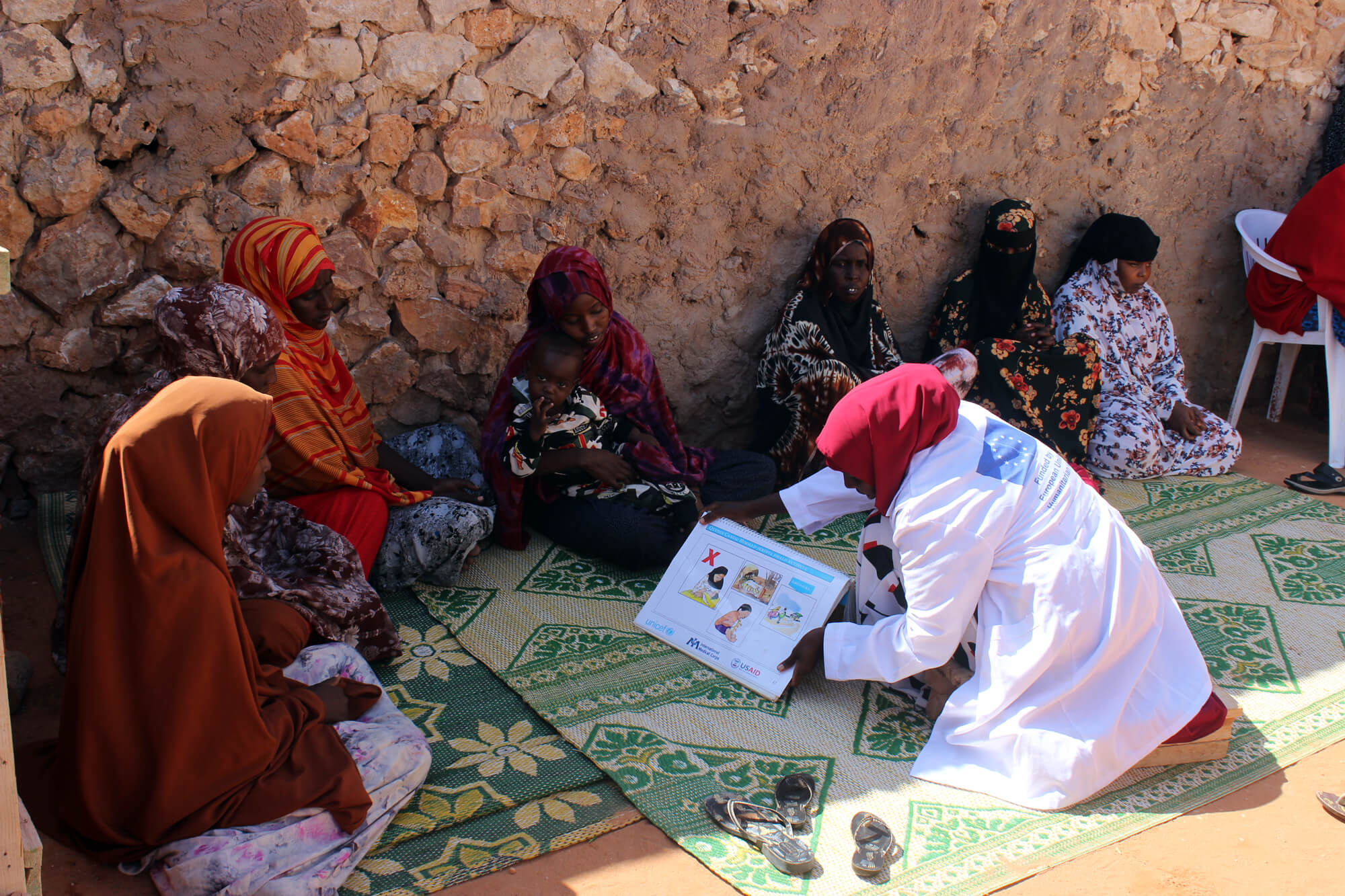
- In the village of Garsor, our staff trained and educated mothers on proper breastfeeding, hygiene and the importance of vaccination to their children’s health.
- Nearby, at Galkayo Hospital, nurses measured children’s height and weight to determine their nutritional status. and distributed therapeutic milk to children suffering from severe acute malnutrition.
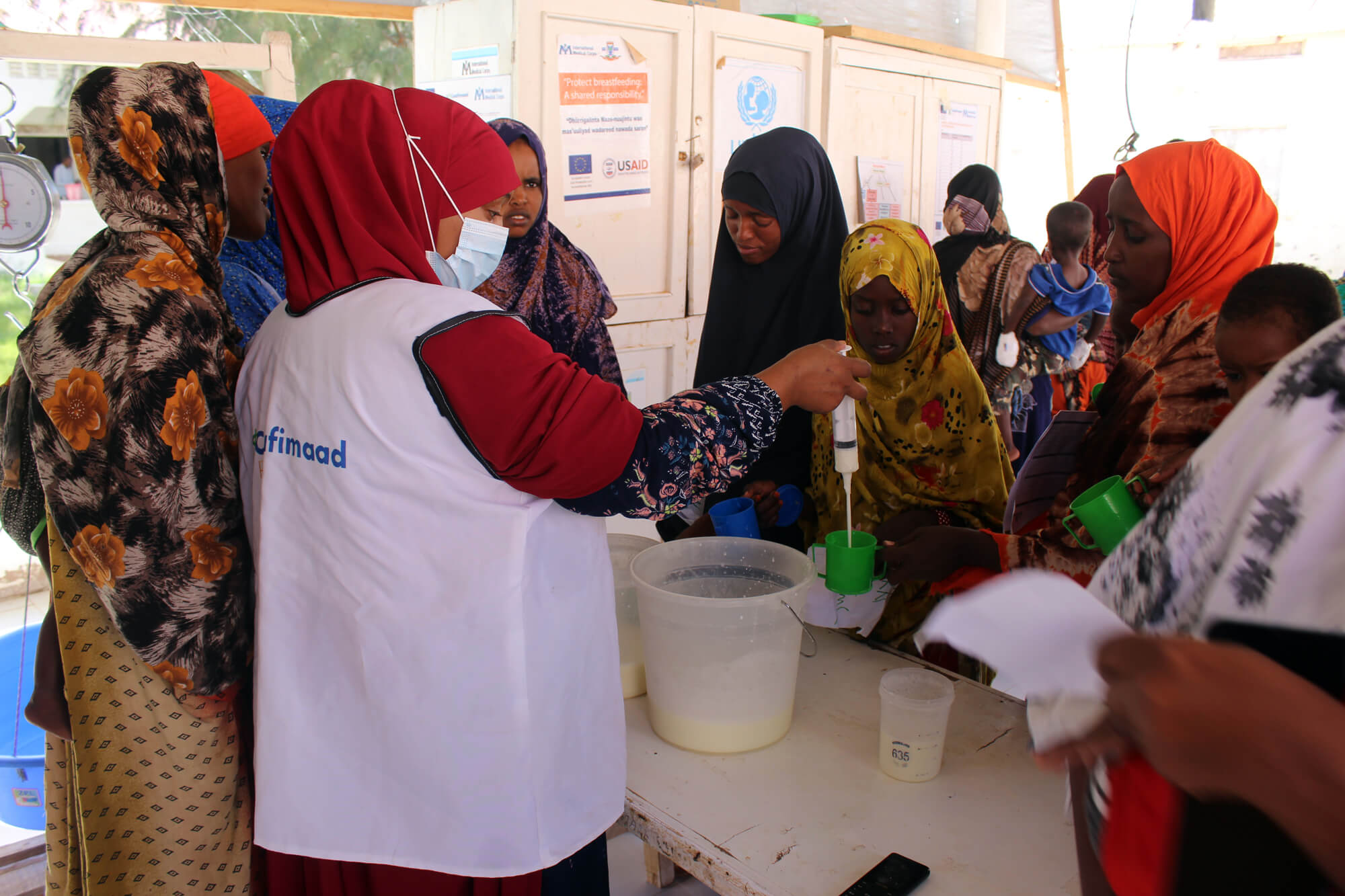
We will continue to provide integrated nutrition and food security services in drought-affected areas to reduce mortality associated with severe acute malnutrition.
